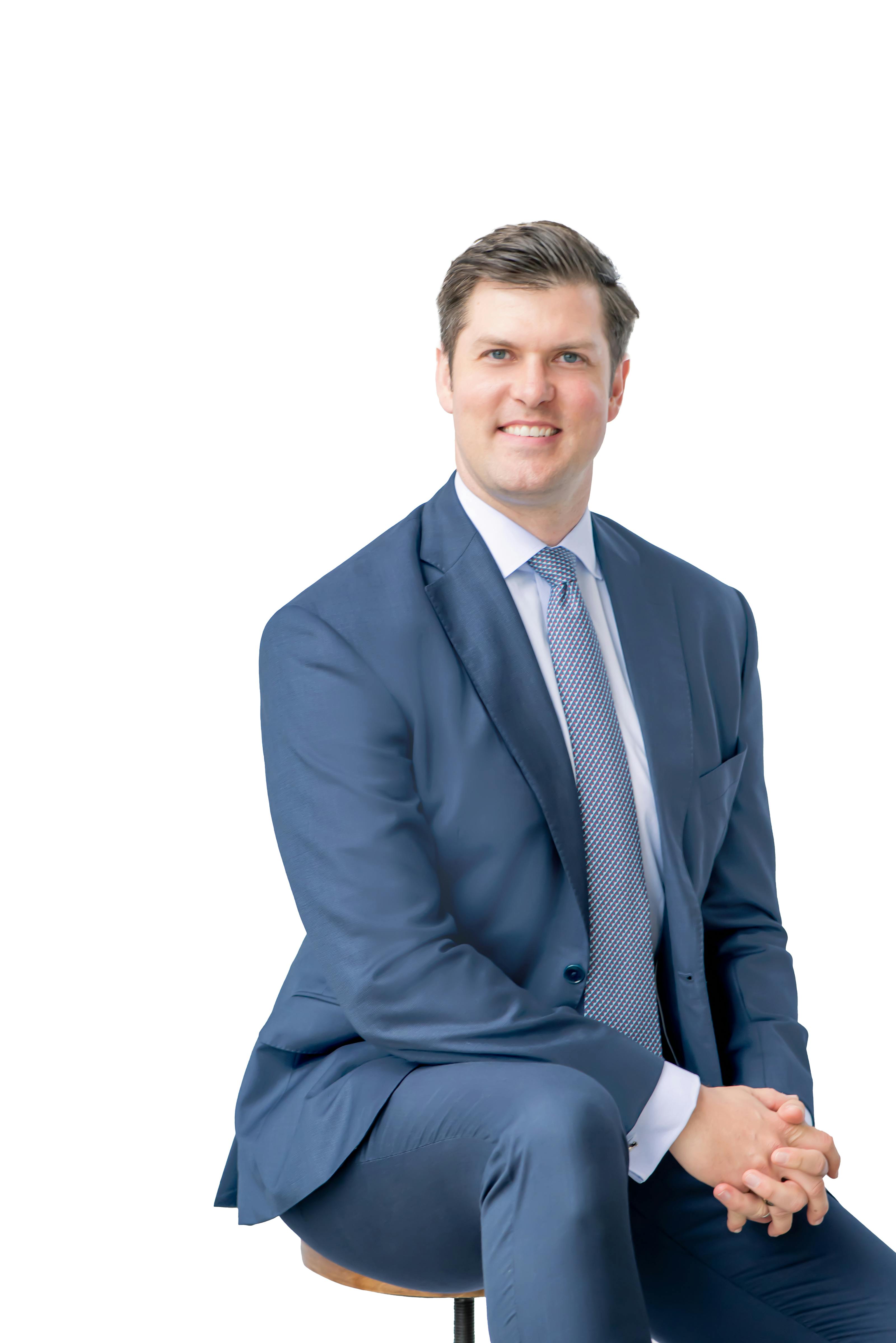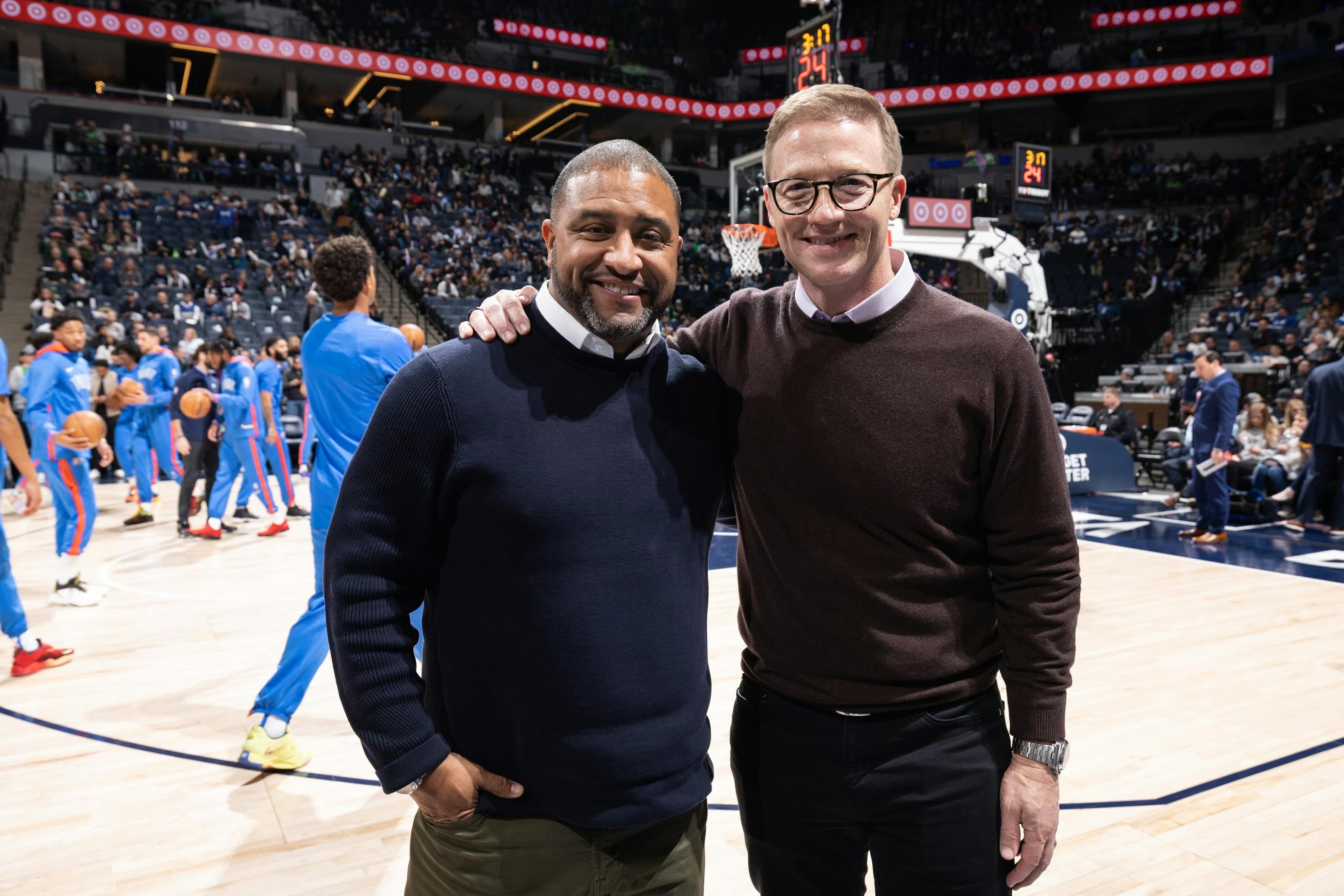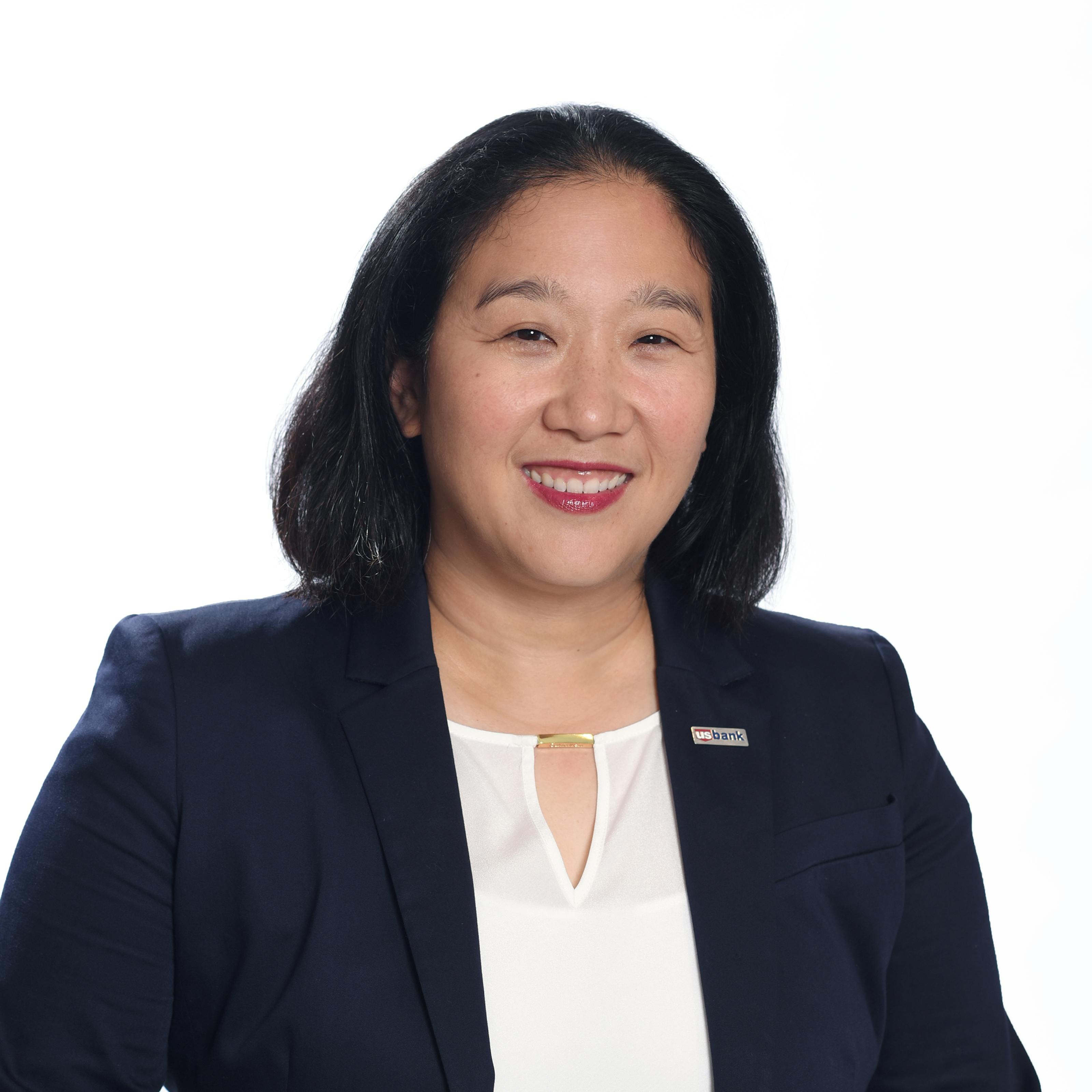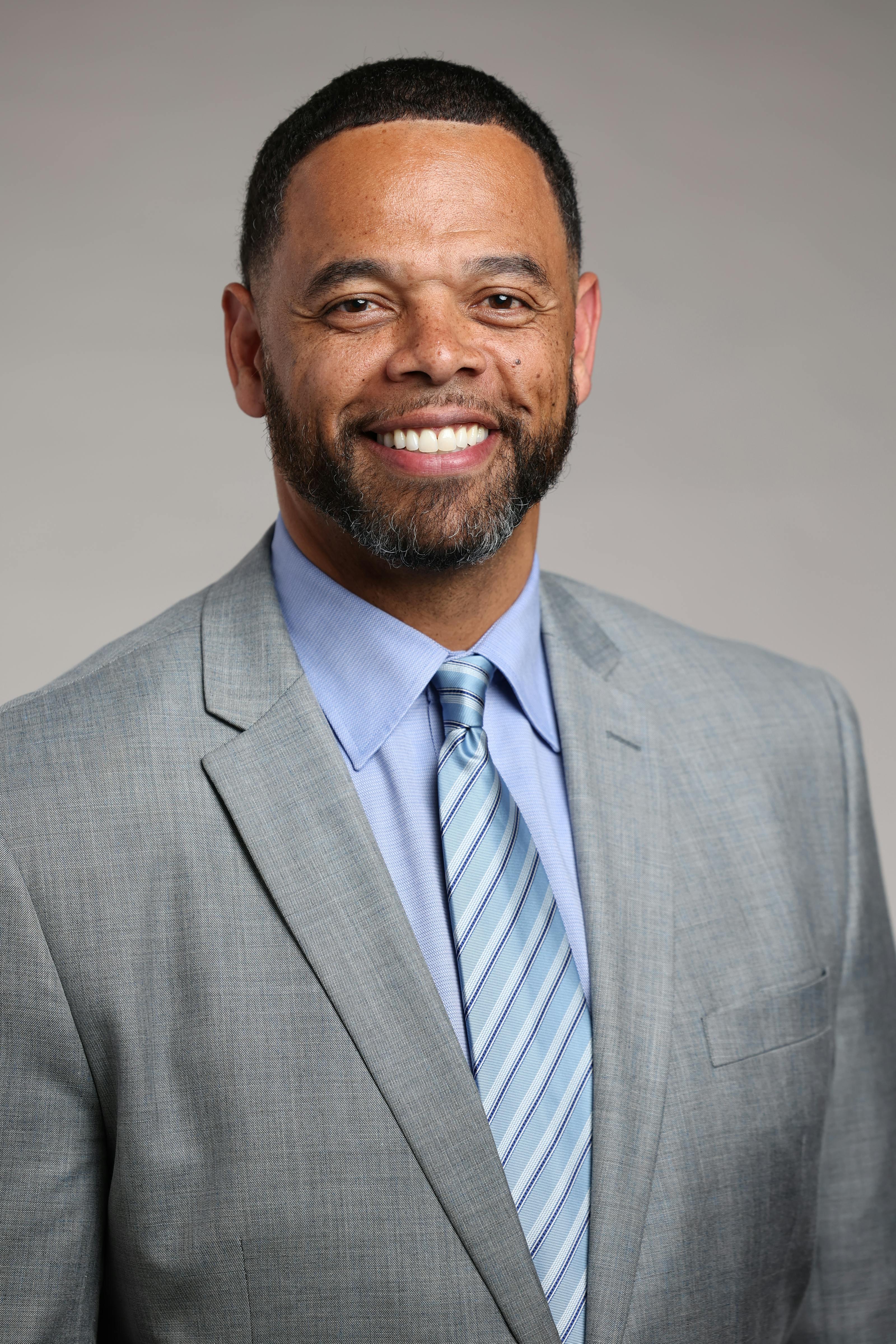In the first year college athletes could make money from endorsement contracts, they made more than $900 million.
Add that to the billions made by professional athletes, and the result will be a pool of young millionaires who, by their 50s, will have to support themselves and their families without the ability to compete on a football field or basketball court.
After some big-name athletes were defrauded and a push for financial literacy by players groups, more athletes are reaching out to financial planners for help. The result is a growing niche within the financial services industry with a pronounced presence in the Twin Cities.

Kevin McDermott, former Minnesota Vikings and now financial advisor and global sports and entertainment associate director for Morgan Stanley
"The rate of players getting into financial distress after they're done playing is way too high when you compare them to other people of their wealth level," said Jeff Locke, a financial advisor at AWM Capital, a southern California firm that specializes in working with professional athletes.
Locke got into the field after his time with the Minnesota Vikings, as did his teammate Kevin McDermott, who is associate director for global sports and entertainment for Morgan Stanley.
"These athletes have had dedicated coaches in their sport for over a decade and, sometimes, I'm the first financial coach they've encountered their entire life," said McDermott, who speaks at National Football League facilities and college campuses on the importance of financial planning and the realities wealthy athletes will likely face.
With the NCAA change, and as athletes' awareness grows — and they need help with their own charities and personal investing — the field will only grow, Locke and McDermott said.
Dealing with wealth
There have been athletes who lost their fortunes soon after their playing days by mismanaging funds. Others were defrauded in high-profile cases. Former Timberwolves star Kevin Garnett in 2018 sued an accounting firm for a loss of $77 million.
Now, players can turn to specialists, who can advise them on how to handle a friend who asks for money for a business, or how to budget paychecks that only come between September and April, McDermott said.
Locke said transitioning out of professional sports was a roller coaster, so after working at a venture firm and a financial advisory company, he jumped at the chance to work with athletes and entrepreneurs.
"It does help when you have someone who has done that before in your corner," he said. The experience allows Locke to engage in delicate, and sometimes uncomfortable, conversations most advisors may not know how to handle.
"It's hard to teach someone at 22 who has a couple of million dollars in the bank what to do with their money, and to think of themselves at age 50 or 55," he said.

North Rock X president Aaron Ryan, left, with NorthRock Partners chief executive Rob Nelson. NorthRock Partners, a Minneapolis-based financial advisory and wealth management firm, in 2022 launched, NorthRock X, a new division of the firm dedicated to serving athletes and entertainers.
Growth of sector
Minneapolis-based NorthRock Partners mainly manages personal finances for corporate leaders. After its first 15 years, a National Hockey League general manager became a client. Then over the next seven to nine years, through referrals, the financial advisory and wealth management firm started signing more pro sports business executives — and players, said Rob Nelson, the firm's chief executive.
Last year, the firm created a specialized division for athletes and entertainers, NorthRock X, led by sports business veteran Aaron Ryan.
Ten years ago, not many players were seeking help, Nelson said.
"I didn't see much of a demand from players for education on all sides, but now, the players want education on their next career after basketball or baseball," he said.
The firm now provides services to more than 100 professional athletes and team executives, with basketball its fastest growing sport, Nelson said.
"These athletes are living in multiple countries and they're looking for support and resources in multiple countries at the same time, and we want to be the resource in both of those countries," Nelson said.
College athletes' sponsorship deals mean a steady pipeline of relationships for NorthRock X, Ryan said.
"Working with them to help them mature as clients and as young men and women is exactly where we want to be, because we'll look back six to seven years into their [ career] and they'll be in a position they otherwise may not have been in had we not met," he said.

Kaori Yamada, U.S. Bank
While Minneapolis-based U.S. Bank had already offered financial education to college-age athletes, in the fall it launched a collaboration with Opendorse, an endorsement marketplace for college athletes, on a financial curriculum platform called U.S. Bank Financial Fitness. Available to the more than 90,000 athletes who use the Opendorse platform, the on-demand video library contains content on financial literacy, budgeting, taxes and wealth development.
In July 2021, the NCAA, the collegiate athletics governing body, changed rules to allow athletes to monetize their likeness. According to Opendorse, between July 2021 and July 2022, U.S. college athletes were compensated an estimated $917 million by companies using their names, images and likenesses, known as NIL, to promote brands.
Opendorse expects college athletes to be compensated $1.14 billion by the end of the next 12-month period.
For perspective, On3, a college sports digital media and data company, reported Suni Lee, the 2021 Tokyo Summer Olympics gold medalist and gymnast from St. Paul who competes for Auburn University, has the second-highest NIL value of any collegiate female athlete at $1.5 million. Paige Bueckers, the former Hopkins High School basketball standout and University of Connecticut All-American, ranks third with a value of $817,000.
"We recognized [NIL] brought a lot of student athletes into this new-found income stream, and we recognized an opportunity where they would seek out advice or education on what to do with their money," said Kaori Yamada, U.S. Bank's senior vice president of financial education.
The partnership with Opendorse isn't the bank's first foray into financial wellness for athletes. In March 2022, U.S. Bank was named the official bank partner of WNBA and has since created financial education programming for the league's players.
It's about time
After his basketball career, former NBA and University of Minnesota player John Thomas worked in conjunction with the National Basketball Retired Players Association to help former pros, both men and women, transition into post-basketball life.
He helped them understand how to continue making money, either through teaching the sport or connecting with communities in which they played to create long-term investments and wealth.

John Thomas, Minnesota Timberwolves and Lynx
"After the career, it's about having side conversations and building rapport," said Thomas, now vice president of social responsibility for the Minnesota Timberwolves and Minnesota Lynx. "A lot of my influence came from relationships with businessmen and front office execs."
When he was a young athlete, Thomas did not understand the importance of building his brand or relationships with the many corporations in the Twin Cities until after he retired.
With college athletes now able to monetize their likenesses, it's just as important that parents understand financial planning, he said.
"If your kids are being utilized to help sell products or services and you're not understanding how to take the money and make it grow for you, you'll be forever indebted," Thomas said.
Specialized financial services for athletes are long overdue, Thomas said. It was only a matter of time before financial firms turned their attention to the niche.
"Where there's attention, there's opportunity," he said. "And athletes get an enormous amount of attention."

